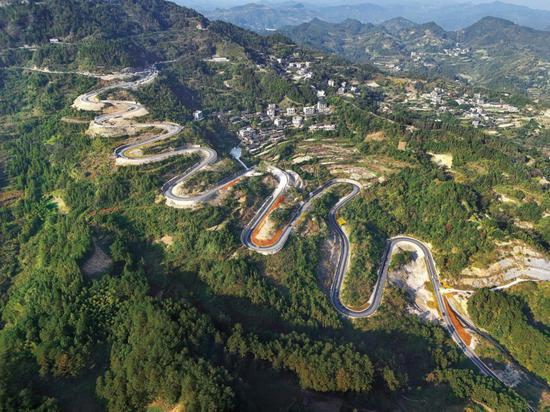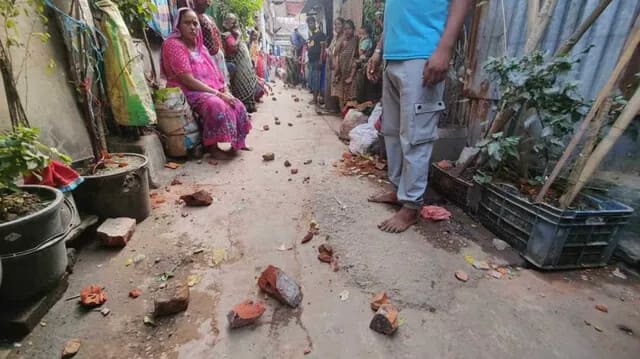
In a bid to strengthen security and build community resilience in the North-East part of the country, the United Nations Development Program has commenced a two-week training session for over 140 security personnel participating in counter-insurgency operations in the sub-region. The training program, which drew officers from the Police, the Customs, Civil Defence, and the Immigration Service from Borno, Yobe, and Adamawa states, started on Monday in Jos, the Plateau state capital. Speaking at the opening ceremony in Jos, Matthew Alao, UNDP’s Team Lead for Governance, Peace, and Security, said the training themed “Strengthening Ethical Policing and Mental Resilience,” aims to equip over 120 officers from various law enforcement agencies with skills in ethical practices, gender sensitivity, and mental health support.
He explained that the training is part of the global body’s Regional Stabilisation Facility initiative, which has positively impacted over 7.2 million individuals in Borno, Adamawa, and Yobe states. Alao, who was represented by Usman Babangida Usman, the UNDP Public Security Coordination Specialist, commended the governments of the three states for their exceptional leadership and unwavering commitment to the stabilisation efforts under the Regional Stabilisation Facility, stating that the project’s implementation was designed to enhance safety, improve access to justice, and reconstruct vital public structures, including police stations, barracks, and courts in the region.

He stated, “This effective leadership has been instrumental in advancing recovery initiatives, rebuilding essential infrastructure, and restoring hope to communities devastated by the Boko Haram insurgency. “So far, under the Regional Stabilisation Facility, we have impacted over 7.2 million persons across Borno, Adamawa, and Yobe states.
This has been achieved through improved safety and security, access to justice, and critical infrastructure rehabilitation. “Stabilisation must be government-driven. The governors of Borno, Adamawa, and Yobe have shown exceptional commitment and ownership, leading the stabilisation process with great dedication,” Alao submitted.
He highlighted the importance of addressing psychological challenges faced by officers in conflict-affected areas, noting that, “Law enforcement officers are often at the frontline of trauma in communities. Without mental resilience, it becomes difficult to provide accountable and ethical service; innovative methods, including role-playing and drama, are being used to help participants bridge the gap between theory and practice. “These approaches enable officers to simulate real-life scenarios, preparing them to navigate the complexities of their work,” he pointed out.
Related News UNDP, G7 leaders meet to drive AI for Africa Anambra, UNDP unveil Makerspace to boost youth innovation, entrepreneurship N’East stakeholders seek improved efforts to stop children’s death Also reiterated that the focus on mental health aligns with the lessons learned from previous phases of the RSF, which trained over 1,200 officers. “One of the key takeaways from past engagements is that mental health is a critical component of ethical law enforcement. We can not demand accountability without addressing the emotional and psychological challenges officers face daily,” Alao stressed.
In addition to these developments, Abdulmumuni Adamu Maimako, the Unit Coordinator of the Citizenship and Leadership Training Center in Shere Hills, Jos, commended the collaboration between the UNDP and the centre. He described its role in training security personnel as one that enables them to be physically and mentally prepared for their duties. He applauded the focus on trauma recovery and psychosocial support in the current training.
“The UNDP recognised the value of our training programs, particularly for the civilian Joint Task Force, who are now effectively collaborating with law enforcement agencies in their communities. “This initiative addresses the emotional and psychological challenges officers face, equipping them to better serve their communities,” Maimako said He also noted that the centre has played a crucial role in training vulnerable individuals from internally displaced persons (IDP) camps and members of the civilian JTF, resulting in improved collaboration with security agencies. “It is a great honour to work with the UNDP, and we have seen firsthand the impact of this training on security personnel and the communities they serve.
This training program in Plateau State marks a significant milestone, as it focuses on value reorientation, trauma recovery, and psychosocial support,” he added. In their goodwill messages, Francis Okunwe of the Nigerian Security and Civil Defence Corps and Nanput Gambo, representing the Immigration Service, expressed gratitude for the UNDP’s efforts. They acknowledged the critical role such programs play in enhancing security and building community resilience, not only in the North-East but across other regions grappling with similar challenges.
.










